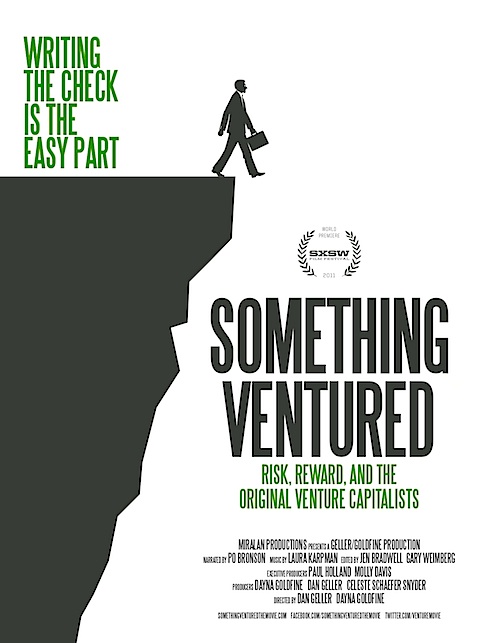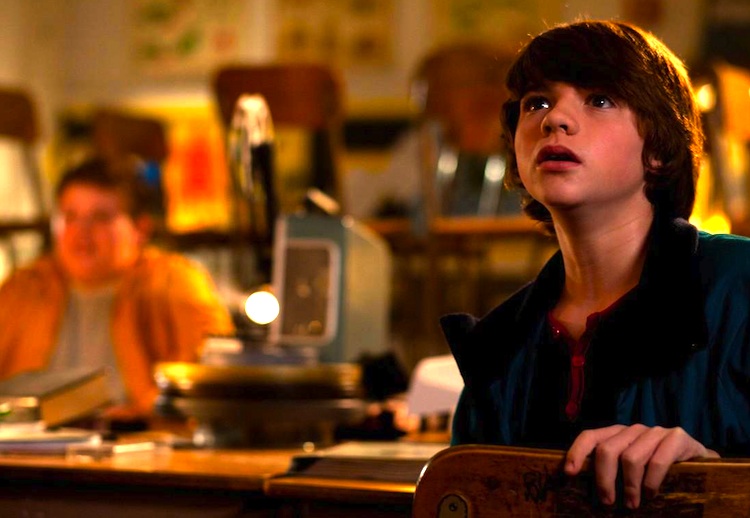By David Ross. In Greek mythology, the distinction between heroes and gods is rather thin; and so too in the world of the guitar. The film Meeting of the Spirits, which features Larry Coryell, Paco De Lucia, and John McLaughlin in concert at the Royal Albert Hall in 1979, makes the point. Olympian is the appropriate adjective.
 Those who associate the acoustic guitar with Peter, Paul, and Mary – who’d love to do something like this – are in for a surprise: imagine a trio of F-22s engaged in precision maneuvers at multi-mach speed. Coryell and De Lucia are consummate musicians, but McLaughlin, who is all but nerve-connected to the guitar, his left-hand so fast and economical that it seems not even to move, is something else entirely. During the long title cut – a version of the Mahavishnu Orchestra standard – he seems to enter a trance and channel strange melodies from beyond the realm of logic and reason.
Those who associate the acoustic guitar with Peter, Paul, and Mary – who’d love to do something like this – are in for a surprise: imagine a trio of F-22s engaged in precision maneuvers at multi-mach speed. Coryell and De Lucia are consummate musicians, but McLaughlin, who is all but nerve-connected to the guitar, his left-hand so fast and economical that it seems not even to move, is something else entirely. During the long title cut – a version of the Mahavishnu Orchestra standard – he seems to enter a trance and channel strange melodies from beyond the realm of logic and reason.
Let me adduce three songs of staggering technique and emotion: “Lotus Feet” (song of supreme spiritual beauty), “Meeting of the Spirits” (with uncanny solo by De Lucia), and “Meeting of the Spirits II” (with equally uncanny solo by McLaughlin). The latter clip is one of my YouTube favorites. I watch it repeatedly and obsessively as a kind of talisman against the slackness and mediocrity of daily life. Yes, there is some ‘fret buzz,’ but this is incidental. The Venus de Milo lacks arms. Who cares?
Meeting of the Spirits (DVD available here) was preamble to the McLaughlin-De Lucia-Al Di Meola collaboration captured for posterity on the classic 1980 concert album Friday Night in San Francisco. This concert is equally or perhaps even more dazzling in terms of technique, but less soulful and deeply felt.
Posted on June 20th, 2011 at 2:20pm.


